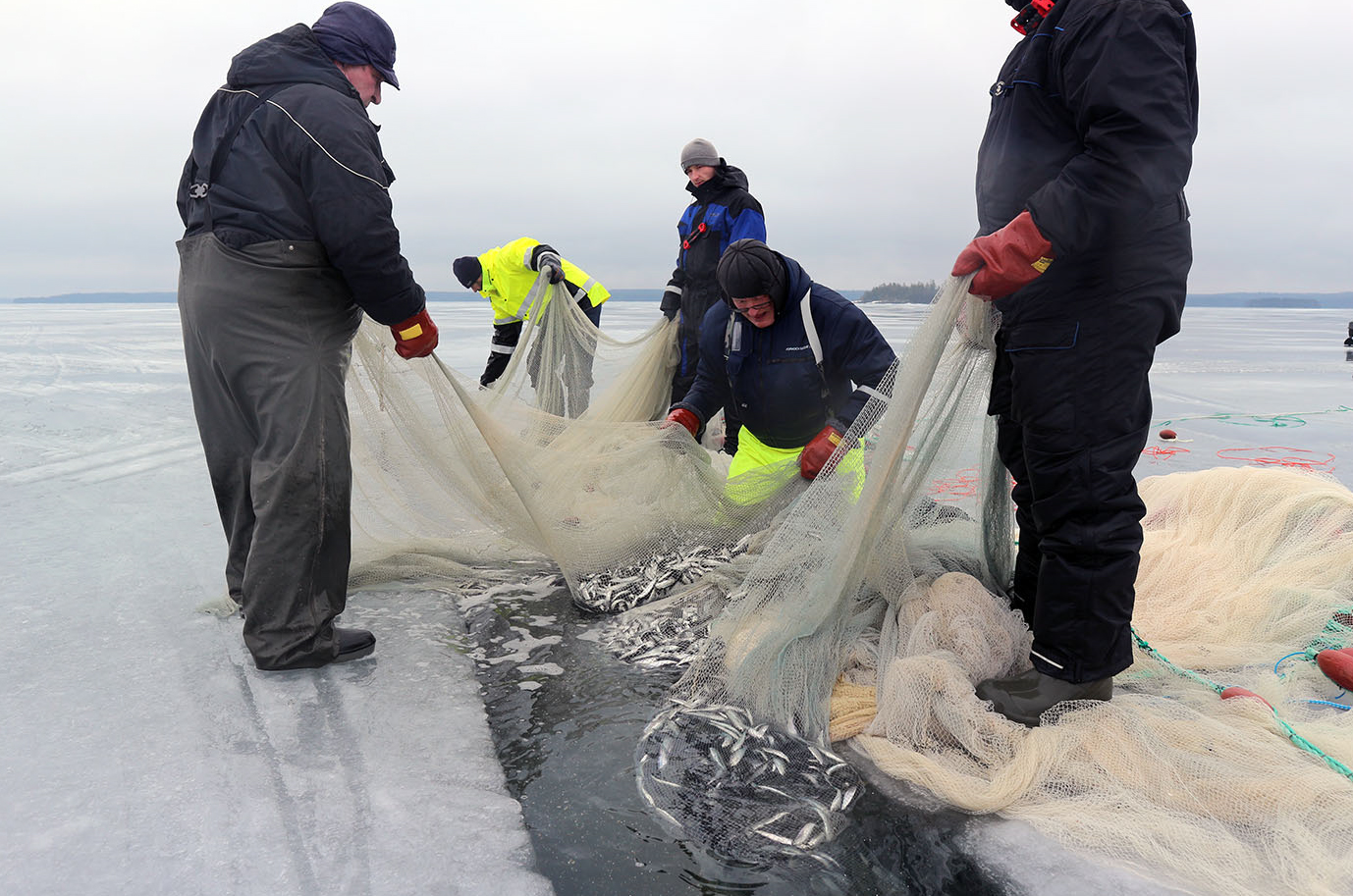First published on 11/15/2020, and last updated on 02/11/2025
The article says, study of aquatic traditional ecological knowledge has the potential to greatly enhance our understanding of ecosystem health.
A new study led by ICCA Consortium’s Council Member Dr. Tero Mustonen (Snowchange, ICCA Consortium Member) explored Finnish traditional knowledge related to waters and its implications for management reforms. Dr. Mustonen is the Consortium’s Council Member with special responsibility for Northern Europe and Russia.
The original research article has recently been published in Reviews in Fish Biology and Fisheries journal. The study particularly focused on the spawning locations of fish known through traditional knowledge which are often ignored by science-based assessments.
Finnish lakes, rivers, the Baltic, and wetlands ecosystems are being surveyed, assessed, and studied using natural sciences and ecological data for a long time. The authors argued that this approach of stand-alone physical science is leaving out a key repository of information– the traditional knowledge of waters.
As part of the study, the authors have reviewed three relevant lakes ranging from a small (Jukajärvi) to a large scale (Längelmävesi, Puruvesi). They have reviewed aspects, qualities, and depth of knowledge across Finland from mid-boreal ecosystems in Eastern Finland to the large Saimaa lake system to Western Finnish lakes. The review also looked into cultural indicators, baseline data from oral histories, linguistic diversity, and behavior of species on lakes based on traditional knowledge observations.
Based on the knowledge they have reviewed, the authors demonstrated a potentially reformative approach to aquatic assessments.
This kind of study has ‘the potential to greatly enhance our understanding of ecosystem health’ the article said. The article stressed the fact that Finnish traditional knowledge of waters has not been officially recognized in the way aquatic ecosystems are known, administered, and altered.
While interpreting the result of the study, the authors said that ‘in the context of climate and environmental crises Finnish traditional knowledge of waters, where it can still be found, is a crucial element in conveying messages of positive relations with ecosystems, long-term change, equity issues and more holistic relations to waters as co-living and co-inhabiting non-humans.’
Practical applications of such knowledge are many including restoration of ecosystems, and community-based monitoring using cultural, and linguistic indicators. Traditional ecological knowledge can also provide for more equitable dialogue with western science, the article noted.
However, it said, before stakeholders can embark on such a process, it must be acknowledged that ‘waters with their associated lifeforms and humans can co-exist, as they have co-existed for centuries before the large-scale transformation to a modern way of life that has dominated the ways of knowledge over the past century.’
REFERENCE
Mustonen, T., Huusari, N. How to know about waters? Finnish traditional knowledge related to waters and implications for management reforms. Rev Fish Biol Fisheries 30, 699–718 (2020). https://doi.org/10.1007/s11160-020-09619-7
Featured image: Puruvesi Winter Seiners, Winter 2020. Photo: Tero Mustonen/ Sncowchange
